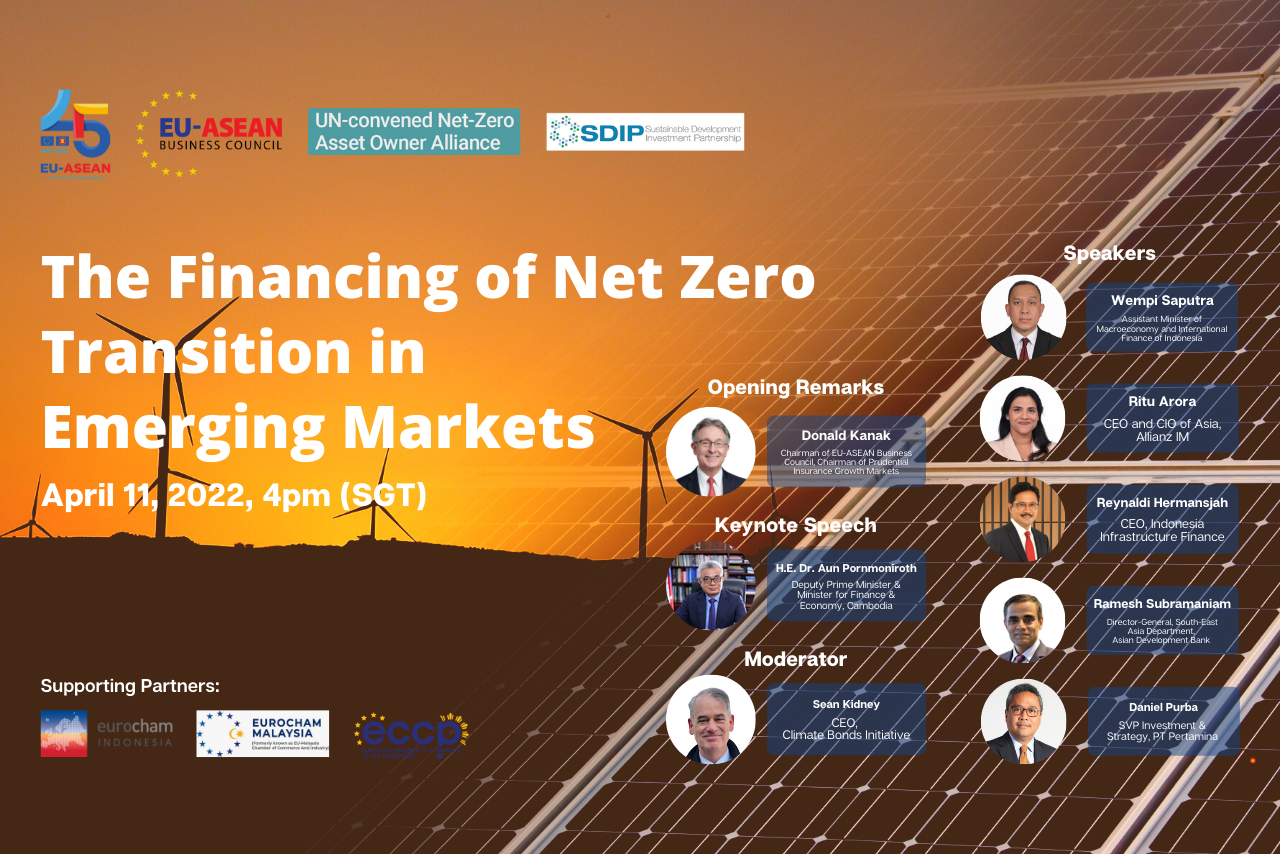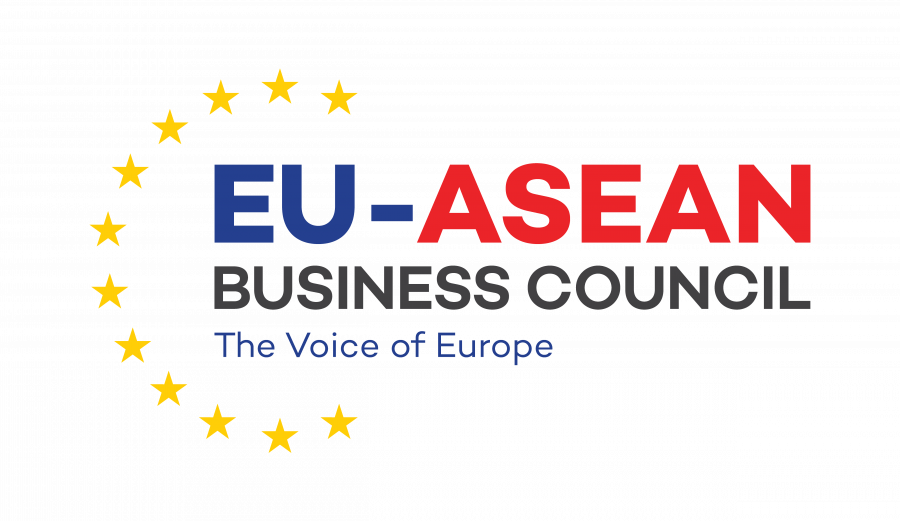
Southeast Asia is among the world’s most vulnerable regions to climate change, yet still has a high reliance on coal and fossil fuels, which could undermine national pledges to curb emissions and embrace cleaner energy sources. The region must contend with the effects of climate change while decarbonising its economy. How do developed countries assist in this transition, particularly in light of the fact that most historical greenhouse gases were emitted by developed countries?
There is a clear need to accelerate the availability of finance to support transition and net carbon zero projects in emerging markets, and to raise awareness of the problem and potential solutions to all stakeholders. Today there is a massive mismatch of green/sustainable finance availability and where it is needed the most, i.e. in developing countries such as Southeast Asia. Less than 10% of sustainable debt issuance in 2020 was in developing markets (excluding China) and only 10% of the around 3,500 signatories for the UN’s Principles of Responsible Investment (UNPRI) are active in such markets.
This webinar will address the following questions:
- What do developing countries need from the international community to support their efforts in the transition?
- How can developing countries be made more attractive for the investment community to support the financing of transition and net zero projects in their countries?
- Beyond national action, what is the role of the private sector, and how are they transforming their business processes and operations to ensure they do not contribute to the worsening climate change?
- How can we incentivise the uptake of renewable energy sources across ASEAN, and what are the barriers to do so? How difficult is it to make the shift from cheaper, more traditional energy sources like coal, oil and gas, to something more sustainable? How do we overcome these barriers?
